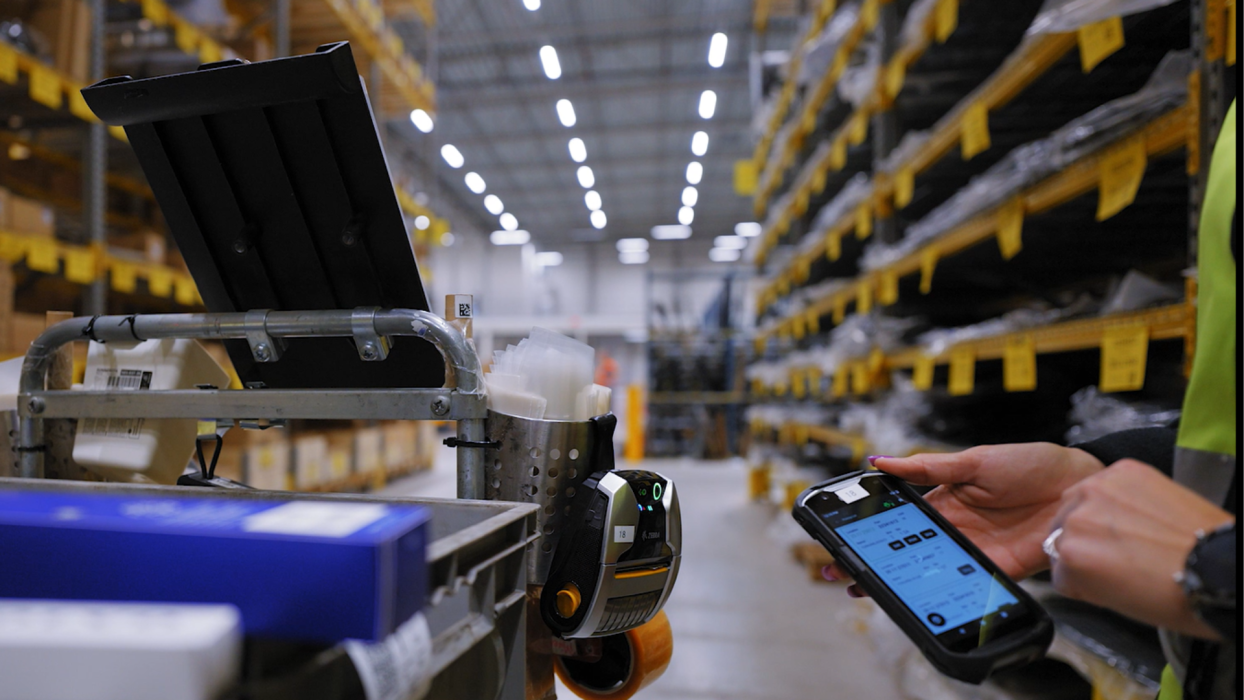1. Underestimating the complexity
Underestimating the complexity of RFID implementation can lead to serious consequences such as delays, additional costs, and operational disruptions. It requires more than just installing tags and readers; it involves thorough analysis, integration with existing systems, and sometimes even redesigning workflows. By acknowledging this complexity and planning carefully, companies can achieve successful implementations. To ensure smooth implementation, it's crucial to choose a partner who can cater to the needs of your business and devise customized solutions accordingly.
3. Insufficient stakeholder engagement
Lack of involvement from stakeholders in RFID implementation can have negative consequences, such as reduced acceptance and resistance to change from employees, leading to underutilization of the system's full potential. Additionally, the absence of stakeholder input can result in overlooking crucial operational aspects and failing to meet the specific needs of the company. To engage stakeholders in RFID implementation, it's essential to communicate openly and transparently with all stakeholders from the outset. Clearly explain what RFID is, its benefits, and how it will affect business processes. Ensure that stakeholders provide feedback and actively participate in the implementation process. Listen to their concerns, suggestions, and ideas, and incorporate them into decision-making.


